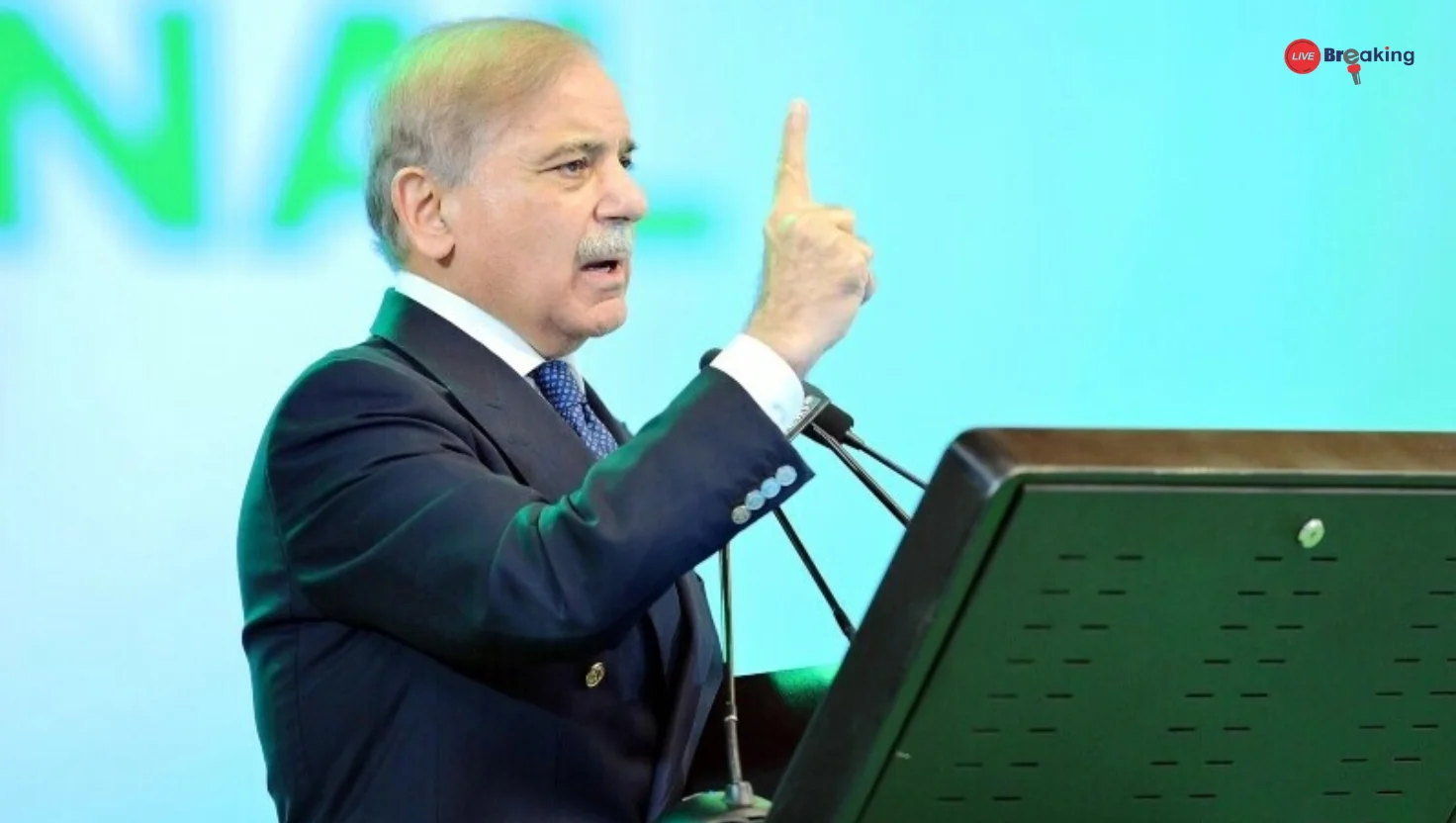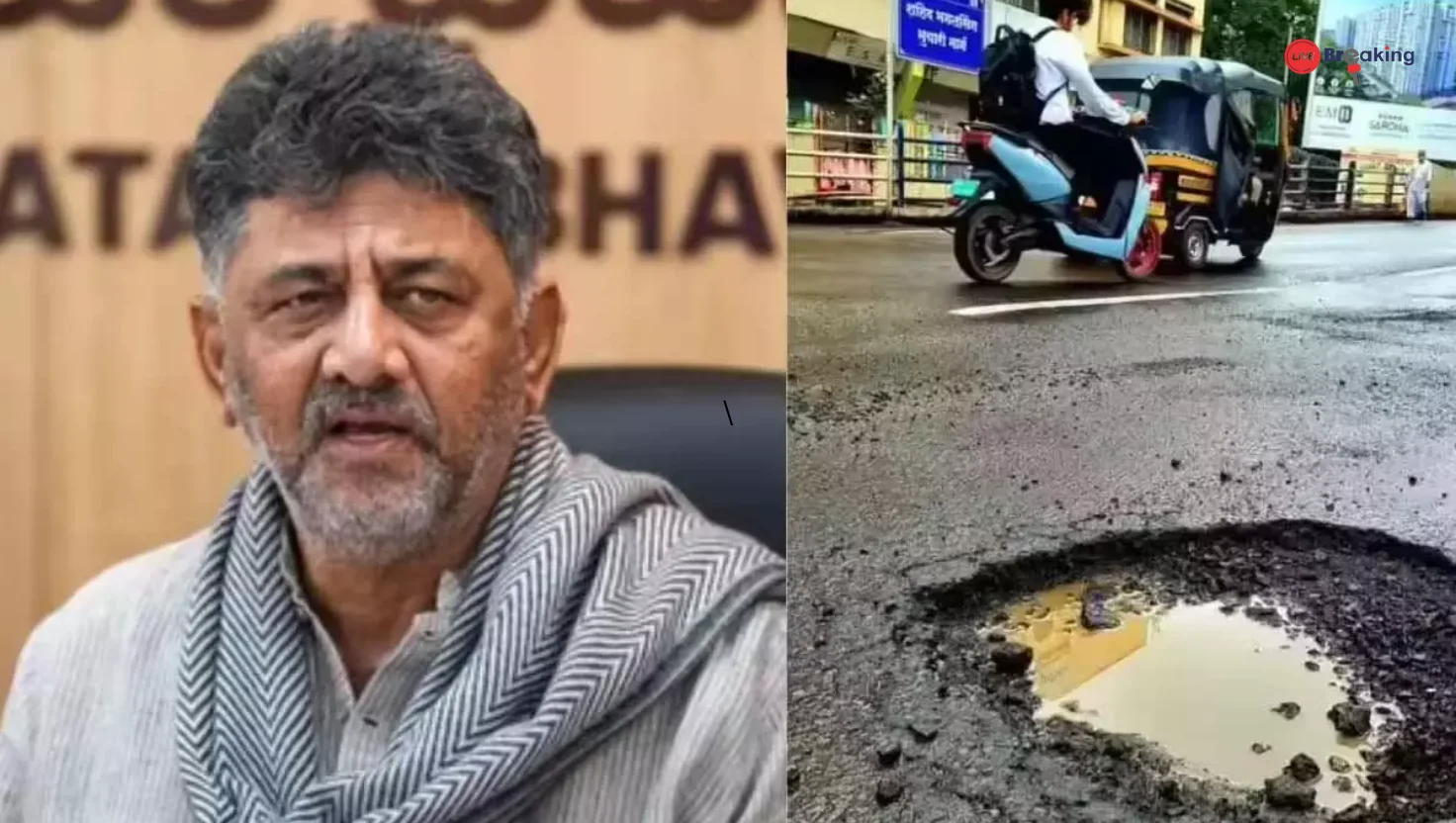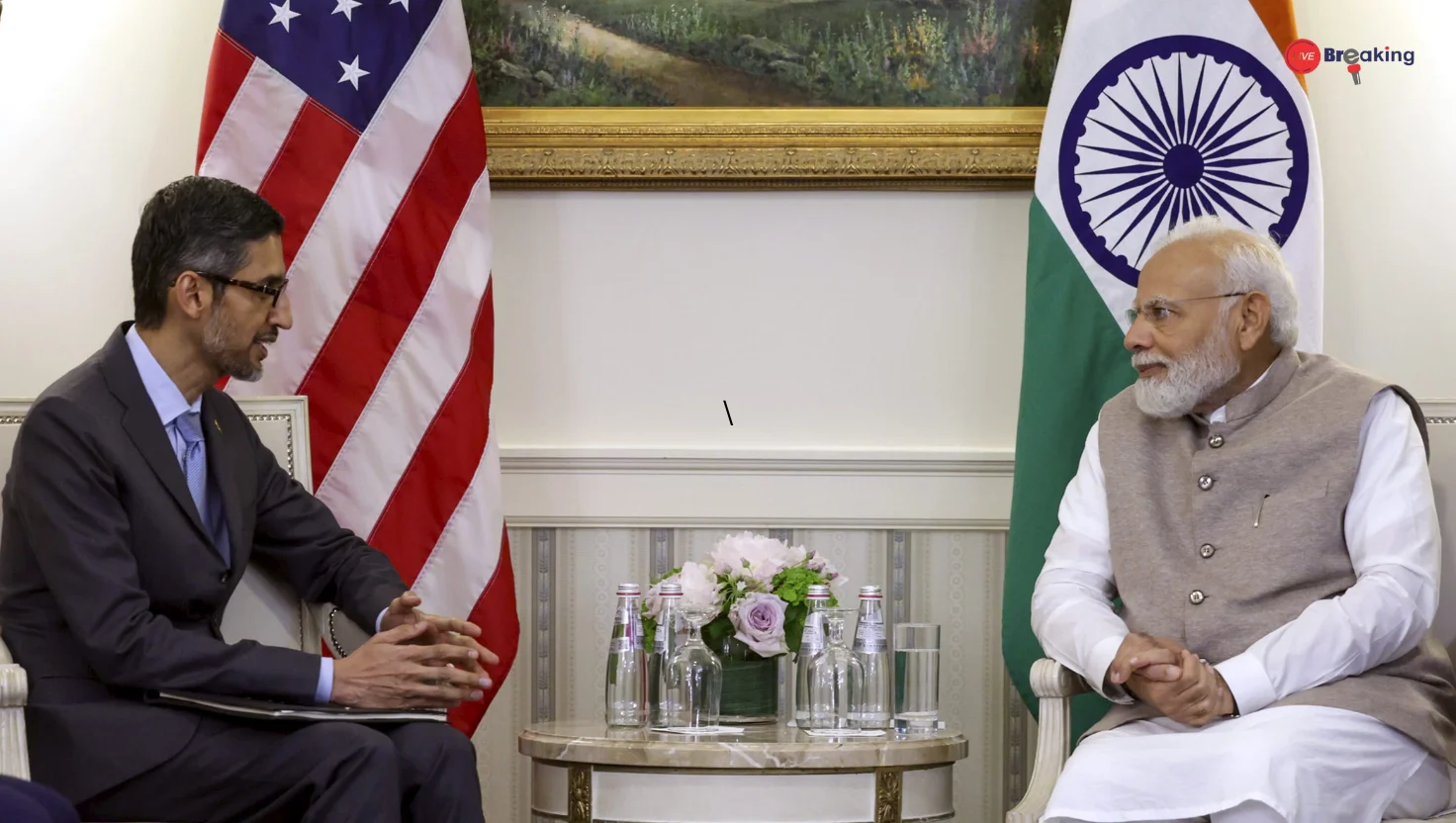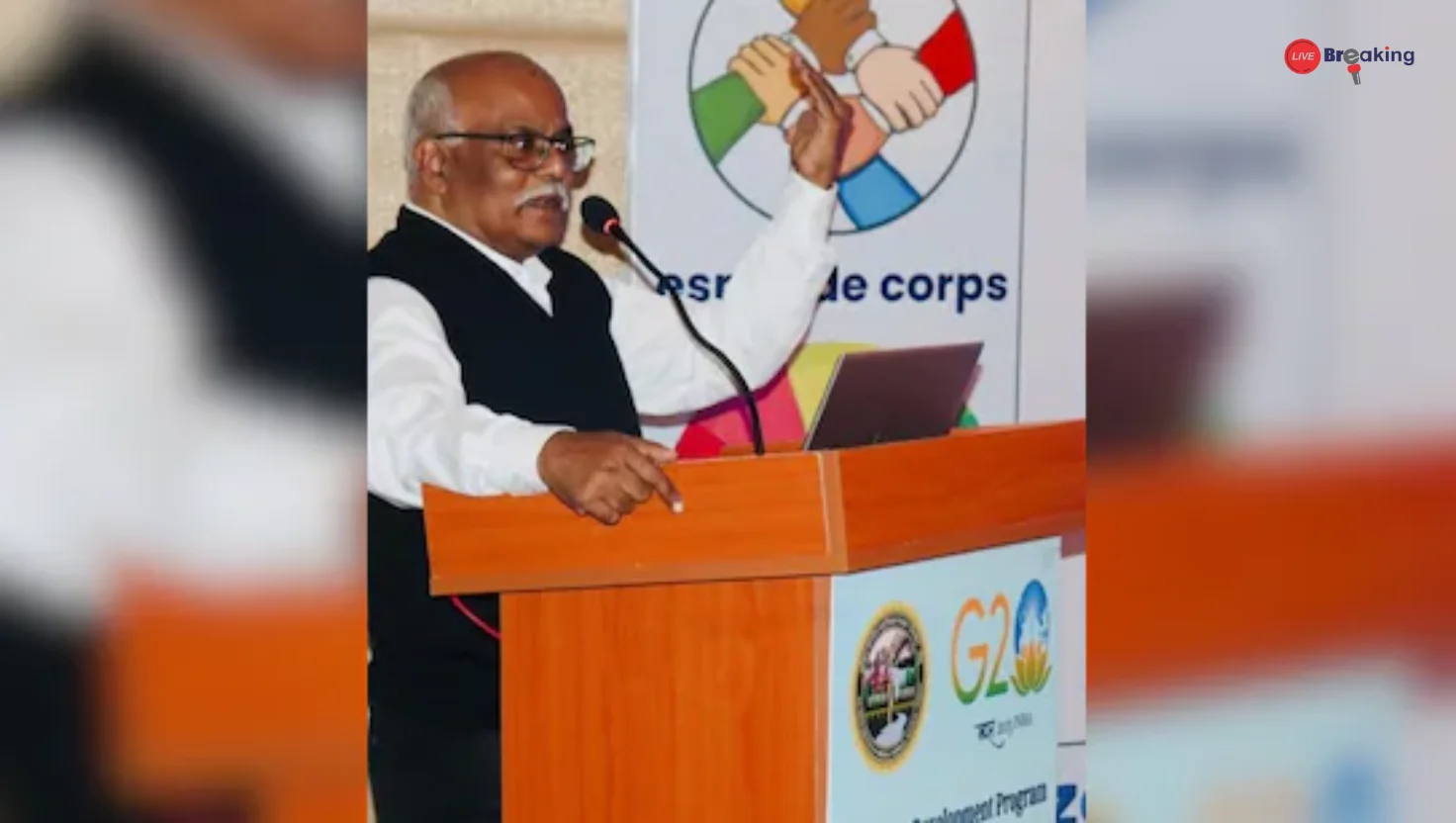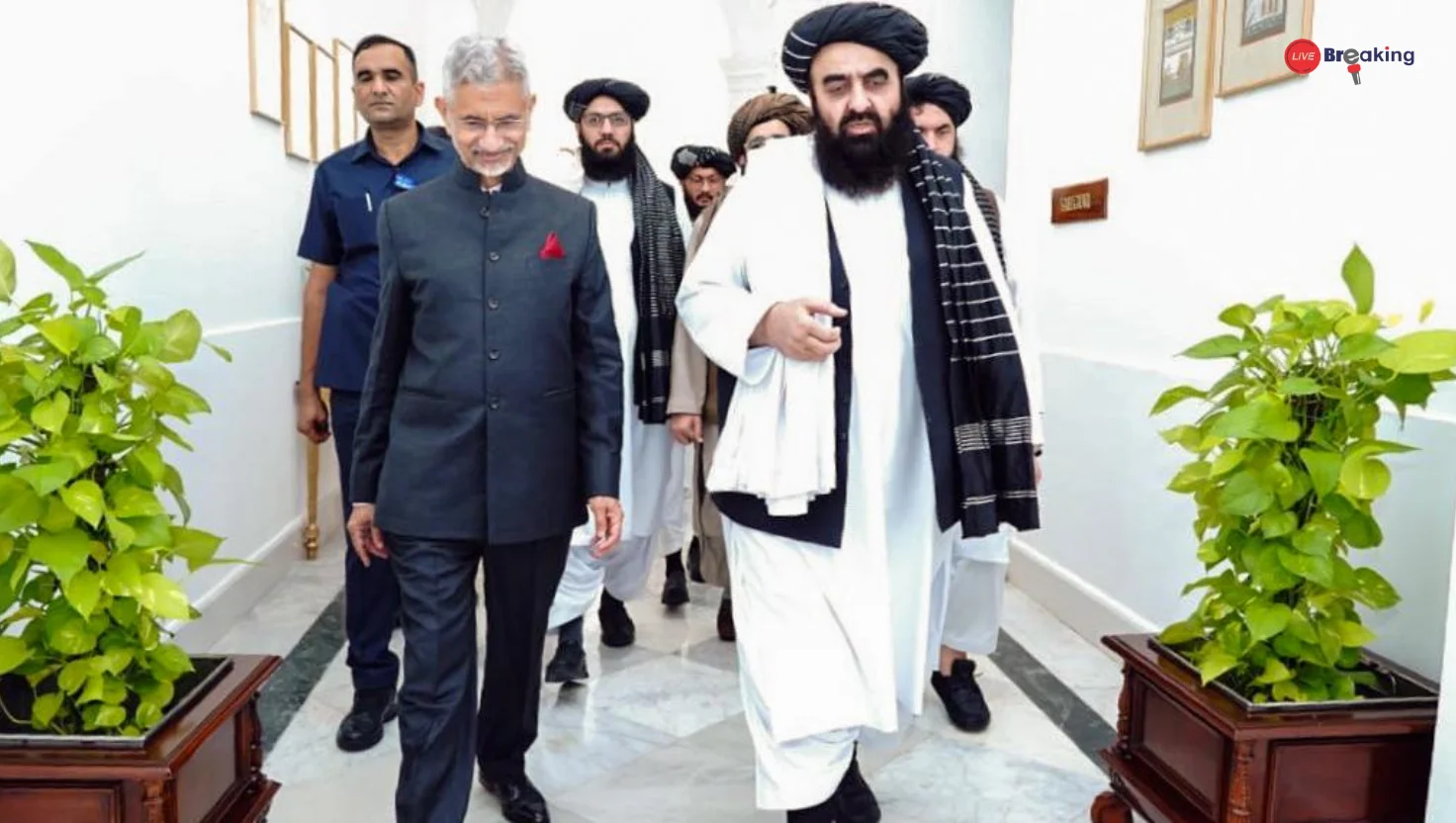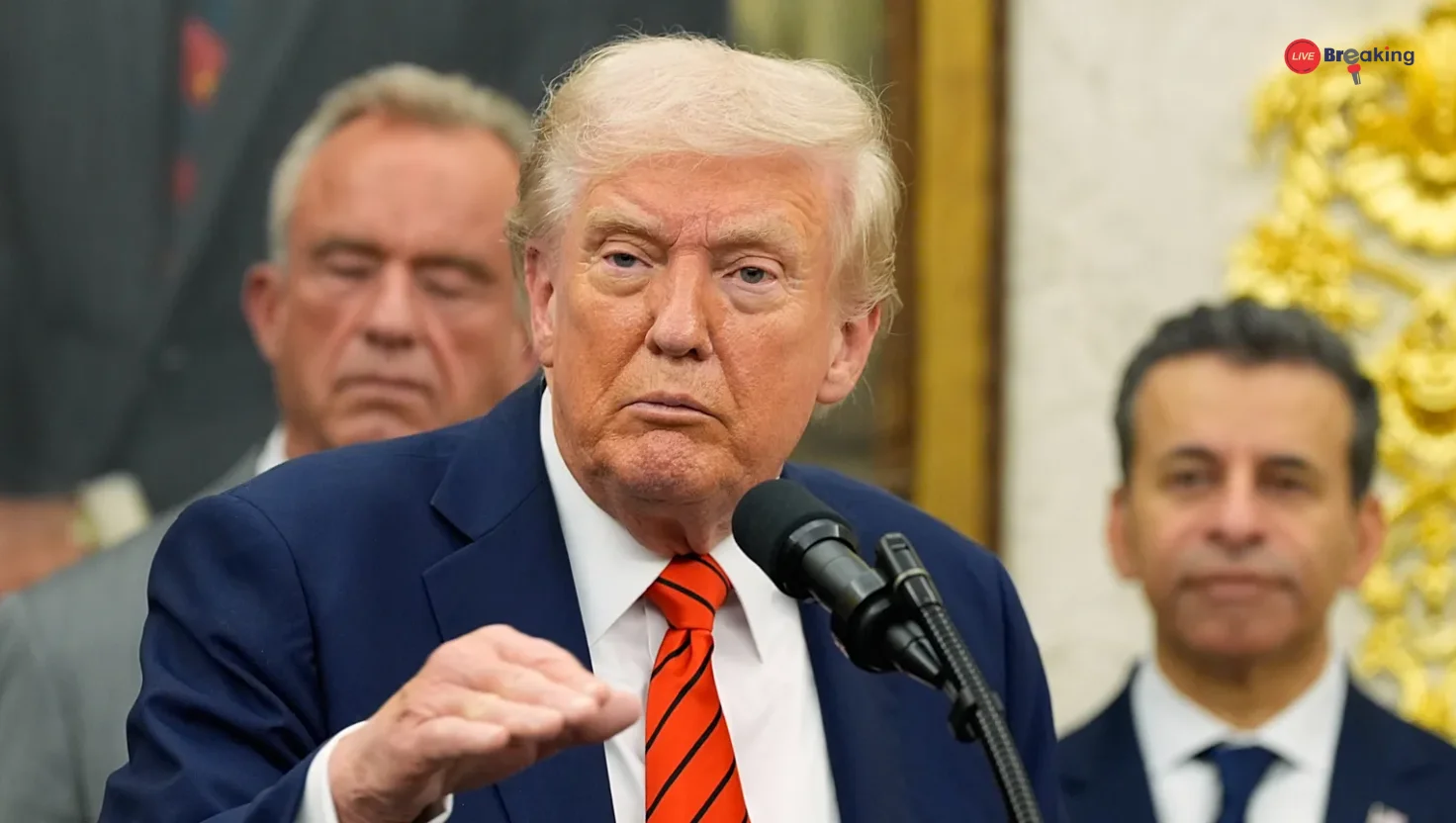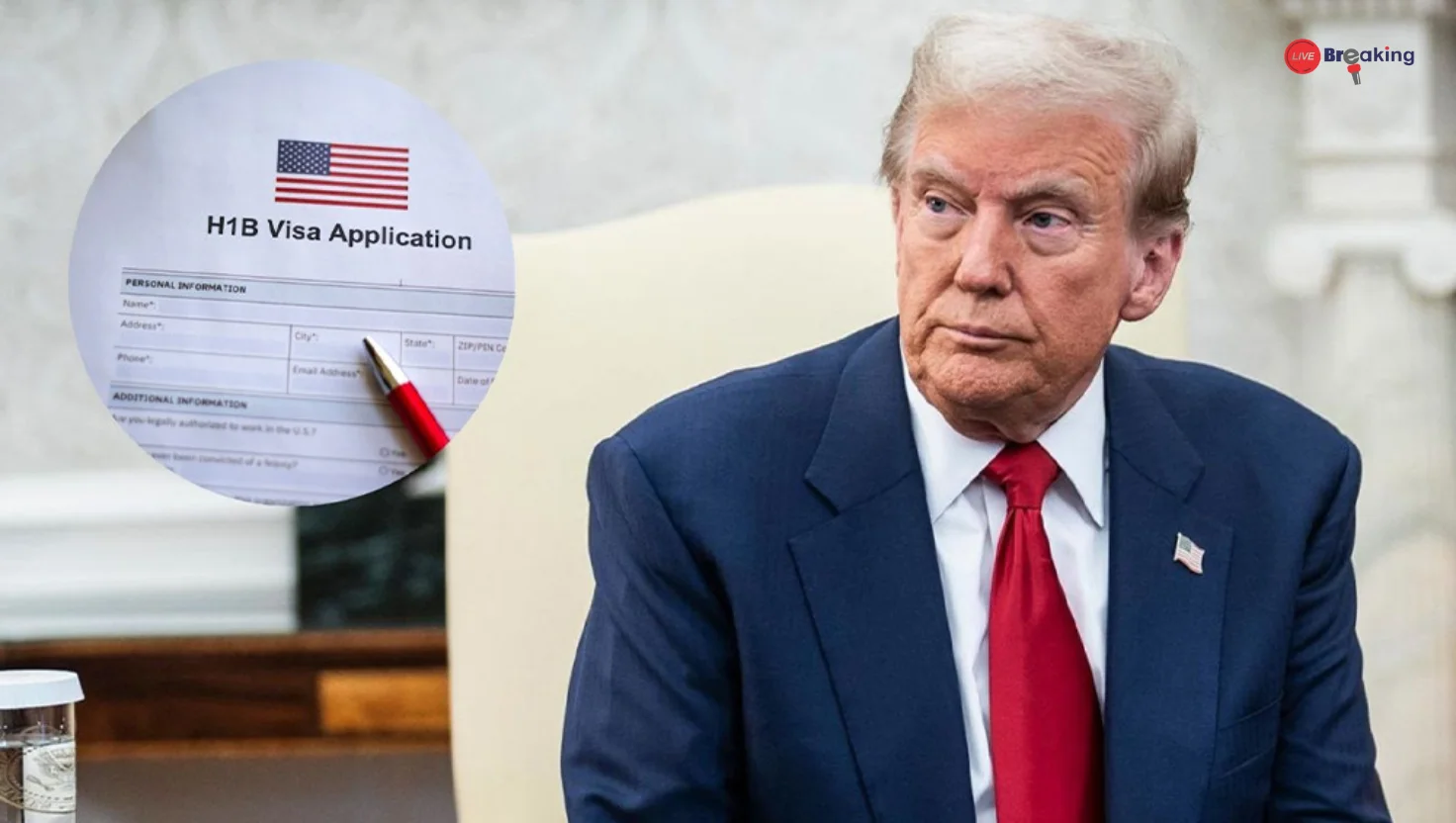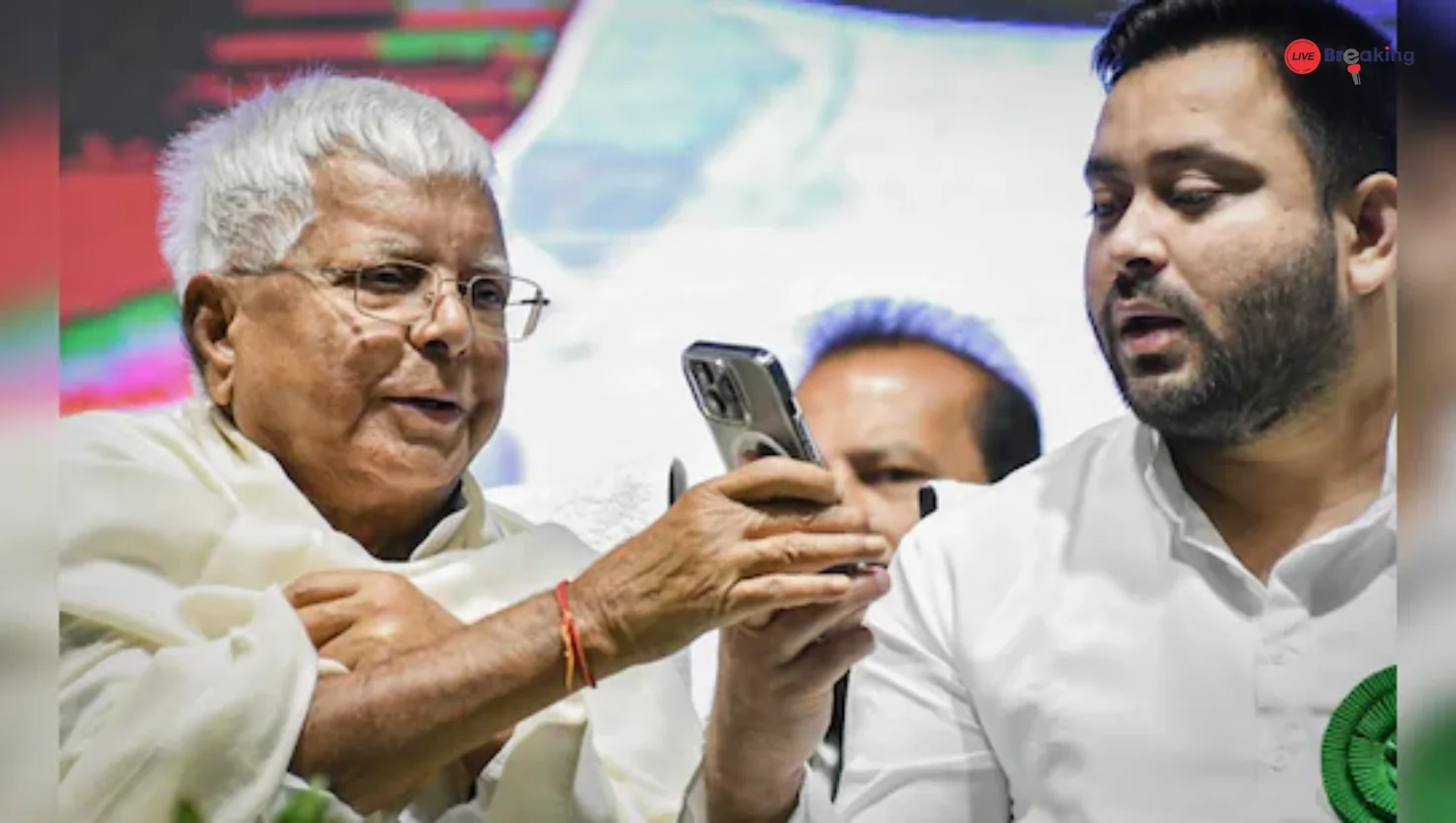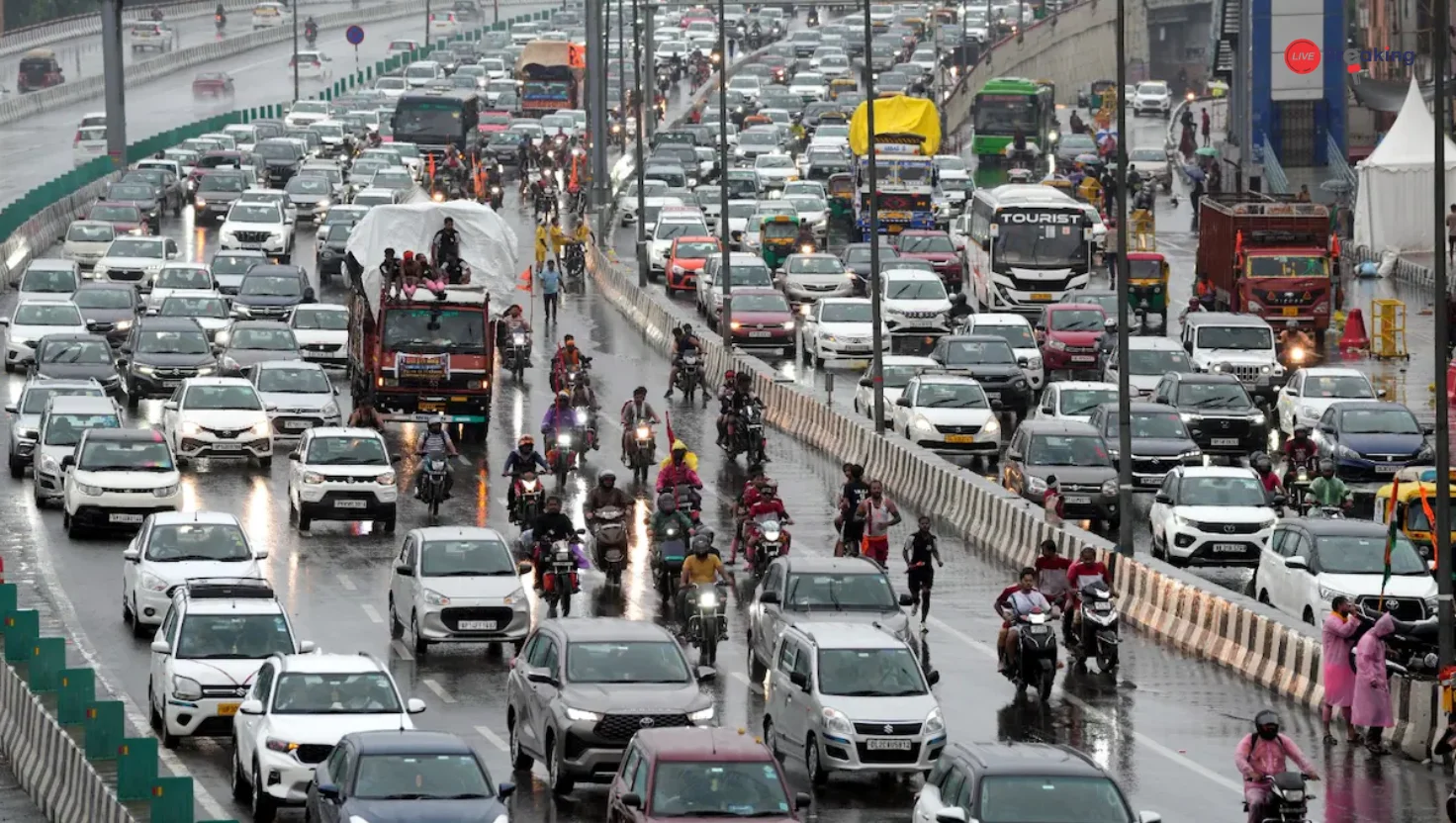Destroyed Runways Look Like Victory?” India Mocks Shehbaz Sharif Claim
The war of words between India and Pakistan took another sharp turn as Prime Minister Shehbaz Sharif’s recent claims of “victory” drew a stinging rebuttal from New Delhi. Sharif, addressing his nation in a tone of defiance, suggested that the destruction of runways and damaged infrastructure on Pakistani soil should be seen as signs of resilience and triumph. India, however, wasted no time in mocking what it described as “hollow claims built on ruins.”
For India, Sharif’s remarks were not only misplaced but also reflective of Pakistan’s increasing struggle to present setbacks as achievements. “Destroyed runways look like victory?” Indian officials quipped, highlighting the irony of celebrating what in any practical sense is a crippling blow to national security and infrastructure.
The Context of the Remarks
The statement came against the backdrop of heightened tensions between the two countries, marked by cross-border hostilities and escalating rhetoric. Pakistan has often portrayed itself as standing firm in the face of adversity, but Sharif’s assertion that structural devastation represents a form of victory raised eyebrows across diplomatic circles.
Runways are critical to any nation’s defense preparedness, ensuring that military aircraft can be deployed swiftly in times of conflict. The damage inflicted on such facilities, therefore, signals a strategic setback. India pointed out that turning these losses into tales of valor reveals more about Pakistan’s desperation for morale-boosting narratives than any real success.
India’s Counter-Narrative
New Delhi’s response has been sharp, ridiculing Pakistan’s attempt to paint wreckage as resilience. Analysts in India underlined that boasting about destroyed infrastructure only reflects an inability to secure tangible victories. Instead of showcasing development, modernization, or genuine diplomatic gains, Pakistan’s leadership is forced to spin adversity into supposed glory.
Officials in Delhi emphasized that a nation’s strength cannot be measured in how much damage it can endure, but in how effectively it can prevent that damage in the first place. By this logic, Sharif’s words did little more than expose Pakistan’s vulnerabilities.
Political Undertones in Islamabad
Observers believe Sharif’s speech was aimed more at domestic audiences than international ones. Faced with internal political pressures, economic crises, and an increasingly skeptical public, the Prime Minister may have resorted to grandstanding in an effort to rally national sentiment.
Read more: Supreme Court Bench Highlights Human Limits While Hearing Urgency Request
By declaring losses as victories, Sharif sought to project defiance and keep morale high. However, this strategy appears to have backfired internationally, drawing ridicule rather than respect. Critics argue that such rhetoric not only damages credibility abroad but also denies Pakistan the opportunity to engage in honest introspection about its challenges.
India’s Strategic Messaging
For India, this episode provided an opportunity to reinforce its narrative of strength and stability. By mocking Sharif’s words, New Delhi sent a clear message: resilience lies not in glorifying destruction, but in preventing it. This approach is consistent with India’s broader communication strategy in regional disputes—countering Pakistan’s claims with hard evidence of infrastructure development, diplomatic influence, and military preparedness.
India’s pointed remarks also serve a dual purpose domestically. They reassure the Indian public of the government’s strong stance, while simultaneously undermining Pakistan’s efforts to create a narrative of resistance. In this sense, the rebuttal operates as both external diplomacy and internal political signaling.
The Broader Implications
Sharif’s statement and India’s retort underscore the fragility of relations between the two countries. While rhetoric has long been a weapon in South Asian geopolitics, the shift towards mocking claims of victory over visible destruction highlights a new phase in verbal sparring.
Read more: 100% Tariff Shock: Trump Targets Pharma Imports, India’s Exports at Risk
For Pakistan, the episode reveals the tightrope its leadership must walk between projecting strength and confronting harsh realities. For India, it offers yet another chance to assert its regional dominance not just through military and economic measures, but also through narrative control.
Conclusion
Shehbaz Sharif’s boast about “victory” in the face of destroyed runways has opened him up to criticism and mockery, particularly from India, which wasted no opportunity in highlighting the absurdity of the claim. What was meant to inspire resilience at home has instead exposed Pakistan’s struggles to project strength internationally.
In the end, the controversy reminds both nations that in the realm of geopolitics, words can be as potent as weapons. Yet, as India has sharply pointed out, empty claims built on ruins cannot substitute for genuine progress or enduring strength.

